Natural Cough Suppressants to Help You Beat Back Those Autumn Allergies
Published Sept. 22 2021, 11:56 a.m. ET

As irritating as they might be, coughs actually play a useful role in expelling germs and allergens from the body. They are our body’s way of clearing out our respiratory system and are an essential part of the healing process. That said, suffering from a persistent cough due to allergies, infections, or acid reflux can be frustrating. Fortunately, these natural cough suppressants are the perfect way to soothe your symptoms without resorting to costly drugstore remedies.
The natural remedies presented in this article are not meant to be a replacement for actual medical care. If you have a persistent cough or are potentially allergic to any of the herbs or compounds mentioned below, please contact your primary care physician before ingesting them. Please be aware that some of these herbs might interfere with your current medication, so take care when taking them and contact your doctor if you notice any unusual side effects.
Thyme
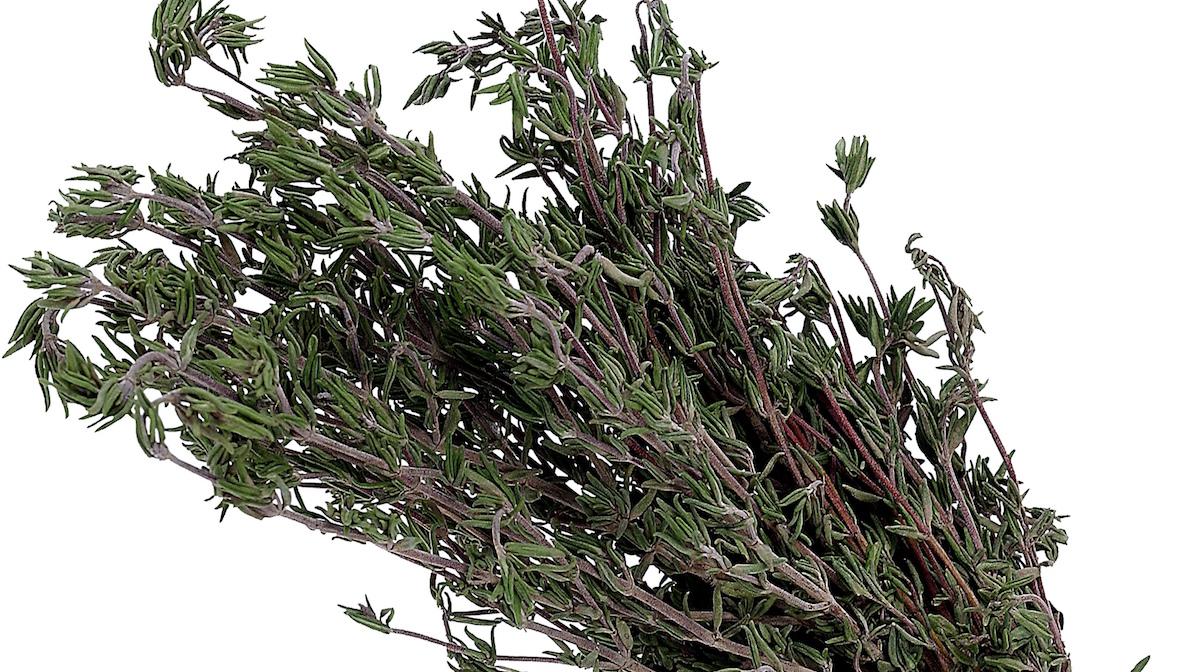
When it comes to soothing a cough, one could always use a bit more thyme. According to Healthline, thyme essence and ivy can be mixed in such a way that it relieves both coughing and short-term bronchitis. Research indicates that the reason for this is due to thyme’s high concentration of flavonoid compounds, which can relax throat muscles and soothe inflammation.
For home remedy purposes, mix 2 teaspoons of crushed thyme leaves into 1 cup of tea or boilig water. Feel free to add ginger, mint, or honey too, while you’re at it.
Gargle with salt water

Another recipe culled straight from your grandparents’ home remedy arsenal, gargling with salt water is a simple and cost-effective way to clear out any throat irritating mucus that might be causing your cough in the first place. This “recipe,” courtesy of Advent Health, is as simple as can be.
Simply mix half a teaspoon into an 8-ounce glass of warm water until it dissolves. Once it cools, gargle for a few minutes before spitting it out. Do not swallow the saltwater and be careful if administering this remedy to young children, they may not have the throat muscle control to do it without swallowing.
Mint or peppermint
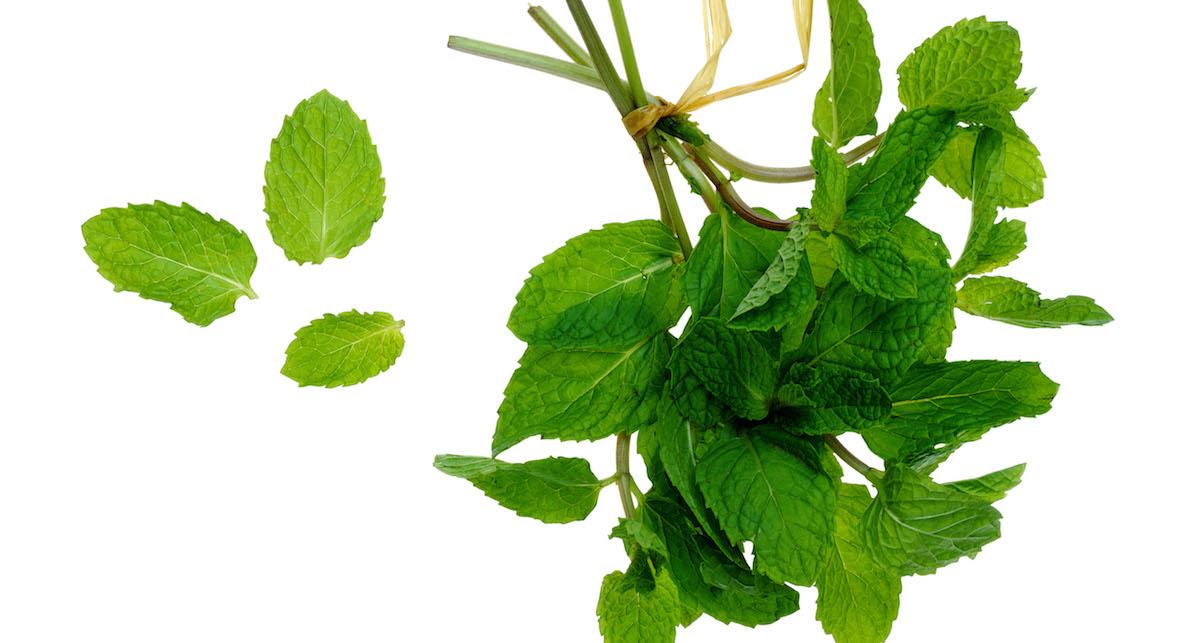
Mint and peppermint aren’t just for flavoring gum. According to Healthline, the menthol found in peppermint and the compounds found in pure mint leaves contain a host of healing properties that make it an effective healing salve, decongestant, and cough suppressant. You can use this remedy by throwing a couple of mint or peppermint leaves into some hot tea, or by taking a steam bath beneath a towel and adding a few drops of peppermint oil to the hot water.
Almonds
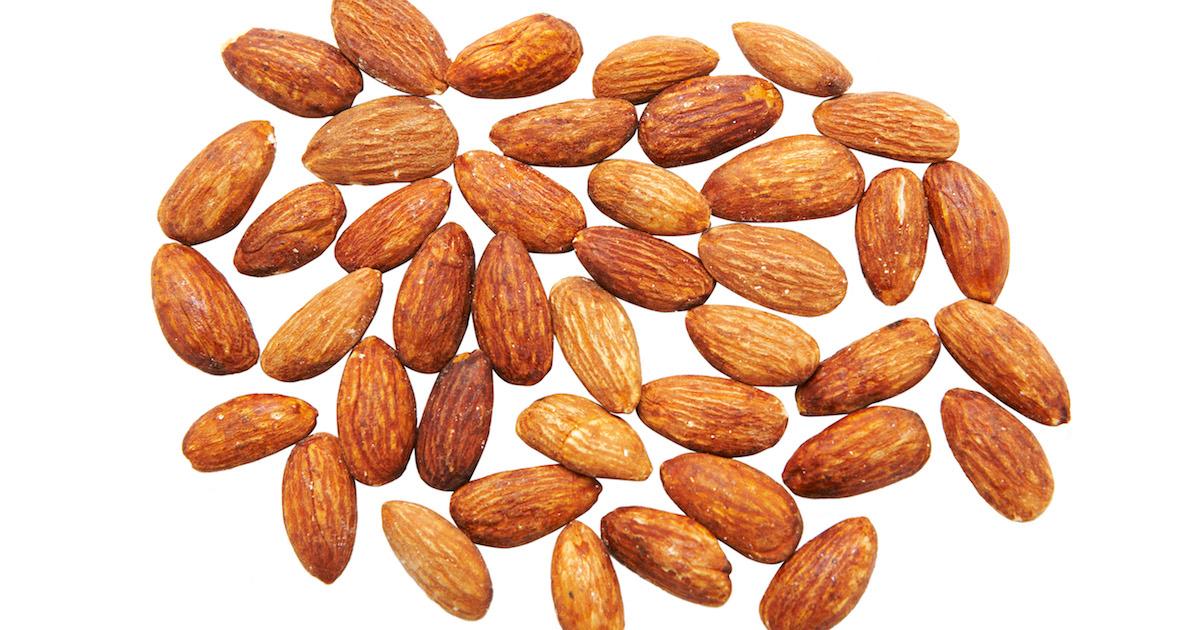
Almonds are not as common a remedy for coughing as some of the other herbs on this list, but that doesn’t make them any less efficacious. According to Five Spot Green Living, the phytochemicals and antioxidants in almonds are effective at eliminating the germs that cause throat irritation. Using almonds as a cough suppressant is a bit more involved than just making tea, however.
Five Spot Green Living recommends soaking 1 pound of almonds overnight, before grinding them into a powder and mixing with a butter/sugar mixture. The recommended serving size is about a tablespoon of this mixture, which should be administered once every day for approximately five days for maximum effect. Note that you can use margarine as a plant-based alternative to dairy butter.
Honey
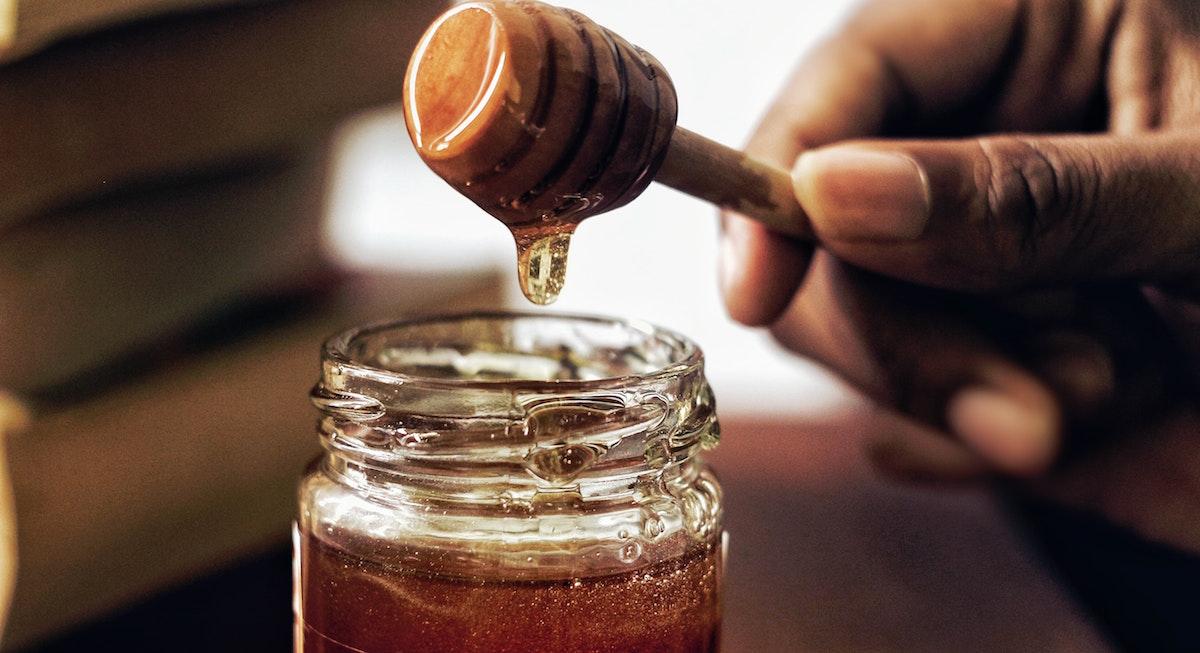
Honey has been used as a natural remedy for thousands of years, which means there’s a reason that so many cough drops and syrups include it in their ingredients lists. This assumption is backed by countless examples of anecdotal evidence, but also the fairly conclusive results of a study that proved honey’s superiority when compared to the cough-suppressing medication dextromethorphan.
However, most grandmas will tell you that honey is best used in concert with a cup of warm, soothing tea. Tea with honey and lemon is the number one kid-soothing drink of choice for opas, nannas, nonnos, and ojisans the world over. Still, it’s important to note that honey should never be given to any child under the age of one, as it could cause botulism poisoning. The honey industry also presents a slew of environmental and ethical issues.
Ginger
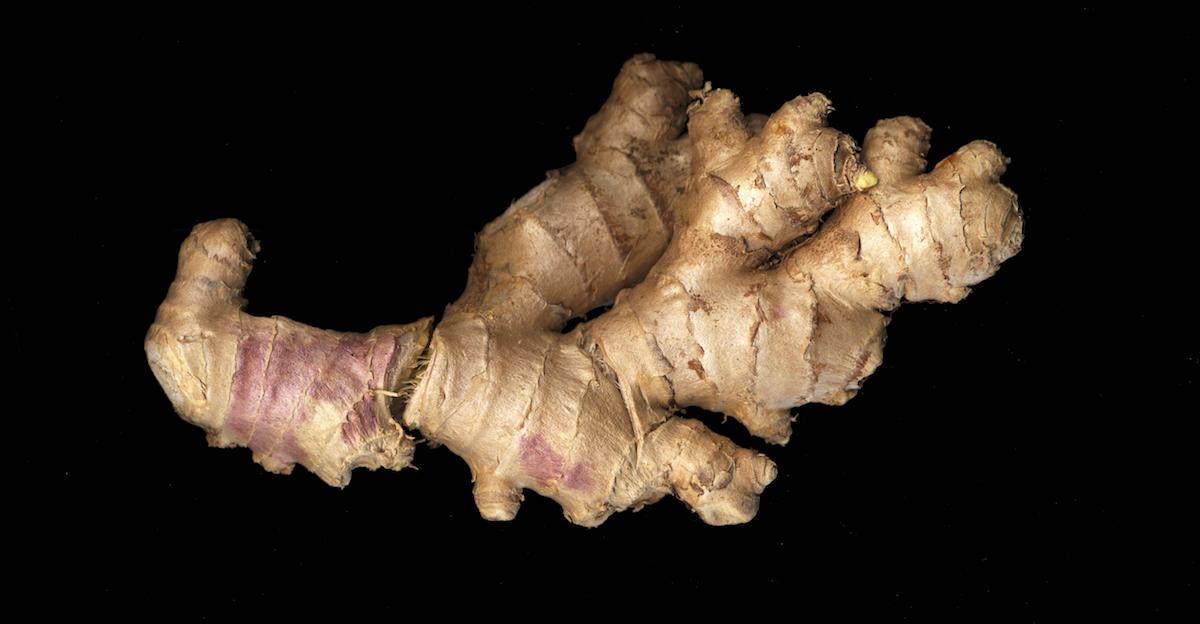
That’s right, ginger makes the list again. When it comes to tasty natural remedies, garlic and ginger are often at the top of the list. And while the latter won’t do much for an irritating cough, the compounds in fresh ginger root can help relax throat muscles enough to calm a cough for at least a few hours.
Eating the ginger will soothe your throat and your stomach all at once, but this remedy works best mixed with a bit of room temperature tea with honey. According to WebMD, hot drinks can actually irritate a cough-sore throat, while room temperature drinks can be a bit more soothing for the irritated gullet.